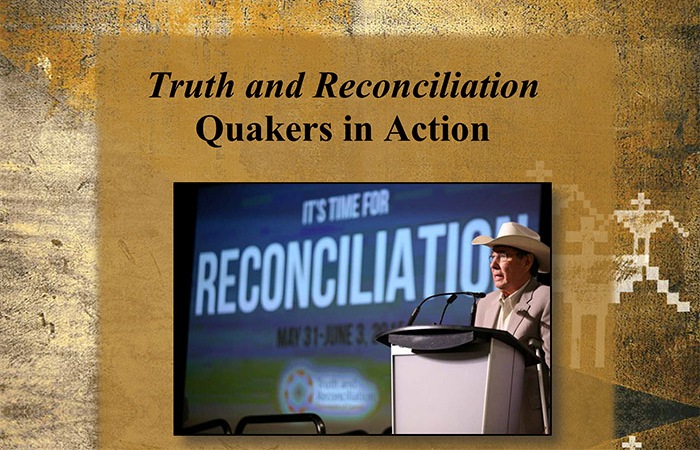CFSC E-News
- Details
- Published on Sunday, 29 November -0001 16:00
- Written by editor
Download the CFSC E-News in PDF (scroll down for links).

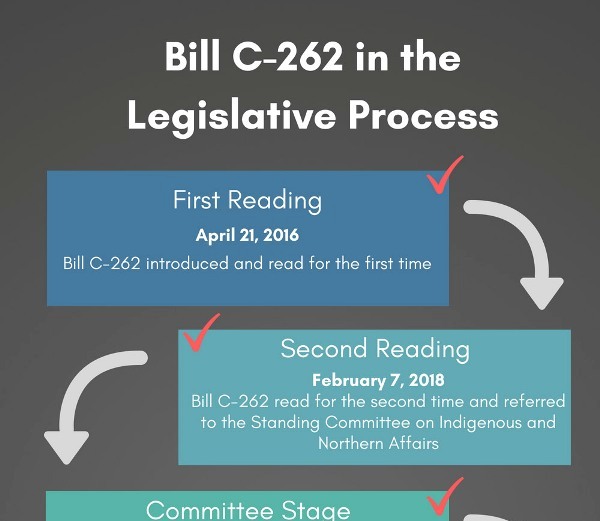
Call on Senators to support Bill C-262
The Truth and Reconciliation Commission of Canada called the UN Declaration on the Rights of Indigenous Peoples “the framework for reconciliation at all... levels and across all sectors of Canadian society.” In its Calls to Action, the TRC urged the federal government to fully implement this global, consensus instrument for the protection and realization of the human rights of Indigenous peoples. Bill C-262 provides a principled and pragmatic framework for achieving this.
That’s why, together with Indigenous Peoples and human rights groups, CFSC recently joined in issuing a joint open letter to all of Canada’s Senators, ensuring that they know the importance of Bill C-262. https://quakerservice.ca/OpenLetterToSentators
CFSC has also worked with a coalition of faith-based organizations that support Bill C-262. As part of this coalition’s campaign we encourage you, if so led, to visit https://mcccanada.ca/get-involved/advocacy/takeaction/4 and email Canada’s Senators to let them know you want them to support Bill C-262.
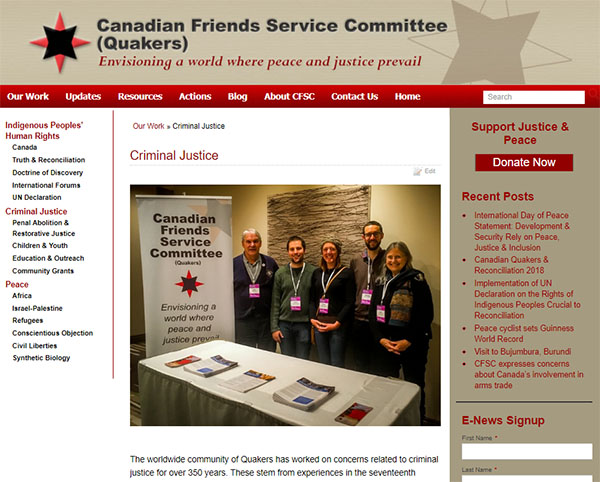
Major updates to CFSC website
The criminal justice section of CFSC’s website just underwent some late-summer cleaning. We’ve done an overhaul that we hope will help you find the information you’re interested in as quickly and easily as possible. You’ll now find pages on Penal Abolition & Restorative Justice, Children & Youth, Education & Outreach, as well as Community Grants. Why not have a look around? https://quakerservice.ca/our-work/justice/
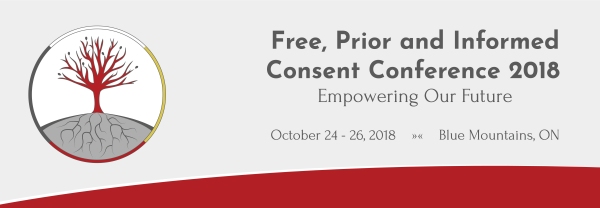
CFSC a part of FPIC conference
An instrumental and inherit right of all Indigenous peoples, Free, Prior and Informed Consent (FPIC) is a process that allows for clear, upfront and respectful involvement between Indigenous peoples and other actors like governments and corporations. While FPIC was created to protect the rights of Indigenous peoples, it also has the ability to foster better business practices for governments and companies. An upcoming conference in southern Ontario will discuss these issues from October 24-26. CFSC staff Jennifer Preston and associate member Paul Joffe will be presenting at the conference together with other expert speakers. Get a 15% discount when you use the code WAABOOZ15 at checkout. https://empoweringourfuture.ca/
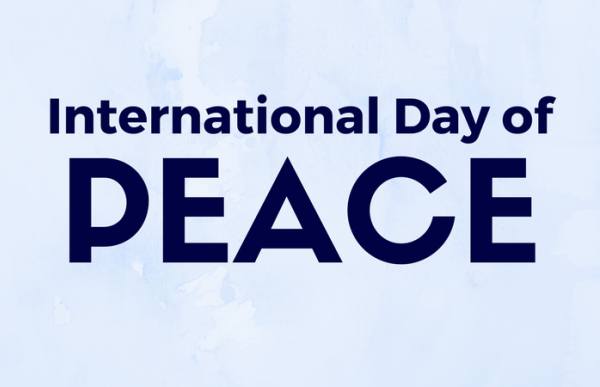
International Day of Peace letter delivered at UN
The United Nations has three pillars: 1) development, 2) human rights, and 3) peace & security. On the International Day of Peace (September 21) CFSC was pleased to once again join with a growing coalition of groups from around the world calling for governments to take their peace commitments more seriously. This year the joint letter noted the importance of inclusion as well as protection of human rights, if the world's Sustainable Development Goals are to be achieved by 2030. Read the open letter at: https://quakerservice.ca/InternationalDayofPeace
The resource booklet Truth and Reconciliation: Quakers in Action can help you engage with the hard work of reconciliation.
2018 report on Friends and reconciliation released
In 2016 Canadian Friends decided collectively to take their reconciliation work “to the next level,” committing to six specific actions including educating themselves about historical and ongoing effects of colonialism and learning about the current concerns of Indigenous Peoples from the territories where their Meetings are located. The last of the six commitments was to report back each year on actions taken.
We’re pleased to share the second such report back, compiled by CFSC. The report describes the work of Canadian Quakers in support of reconciliation. This year’s report shares responses from 18 Quaker groups across the country. https://quakerservice.ca/ReconciliationReport2018
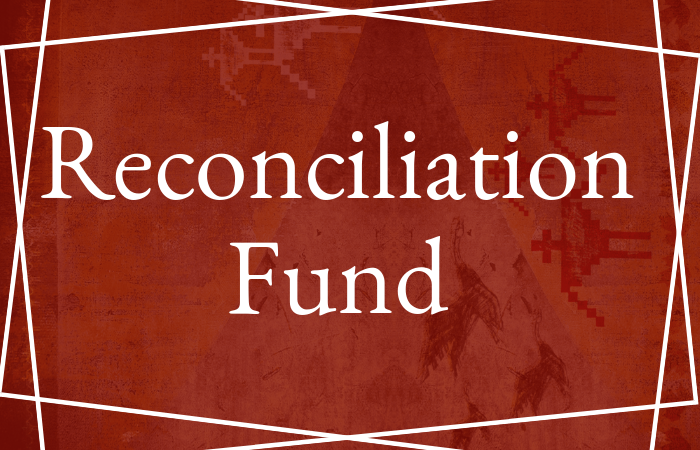
CFSC announces Reconciliation Fund
CFSC is excited to inform Friends of the progress of our Reconciliation Fund. The fund was developed when a Friend sought a place to financially engage in reconciliation.
As you can imagine, as a non-Indigenous Faith organization, we're very sensitive that we're operating a Reconciliation Fund. We reached out to several of our long-term Indigenous partners asking them for guidance and support.
Last spring, we set up a working group with some of these Indigenous partners that will review applications to the Fund. Based on the advice of this working group, it was determined that the focus of the Fund would be on cultural preservation and restoration projects.
Over the summer the working group helped us to choose the first grant recipient, the Kontinonhstats - Mohawk Language Custodians Association (MLCA). The MLCA will use the money to fund research, curriculum development for Kanein’kéha language classes, and cultural content.
To make a one-time donation to the Reconciliation Fund or to become a monthly donor to it, click below and choose ‘Reconciliation Fund’ from the drop-down menu titled ‘My donation is for’.




If you have a suggestion, question, or complaint about this email please r42 | Manage email preferences

